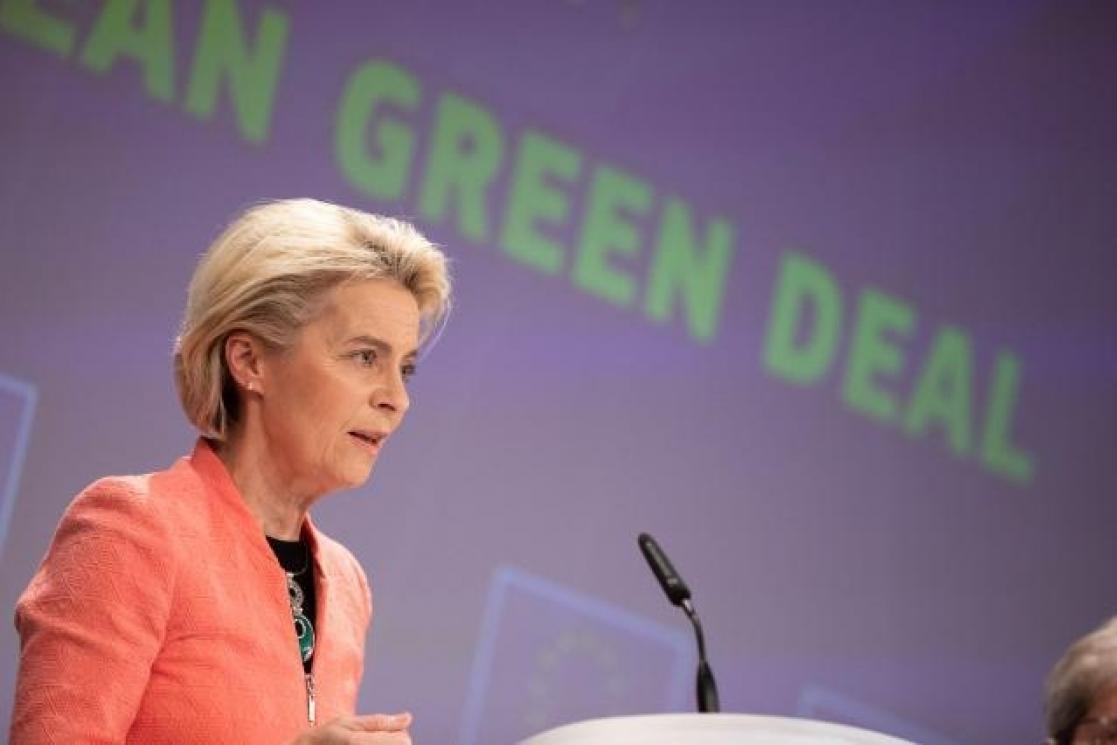Brussels, August 13, 2024 – The European Commission has introduced a sweeping set of legislative proposals aimed at transforming the EU’s energy system as part of its broader goal to reduce greenhouse gas emissions by at least 55% by 2030, compared to 1990 levels. These energy-focused initiatives are a cornerstone of the EU’s ambition to become the world’s first climate-neutral continent by 2050.
Given that energy production and use account for 75% of the EU’s total emissions, the proposals emphasize the need for a rapid shift toward renewable energy sources and greater energy efficiency.

Key Energy Proposals
The centerpiece of the energy proposals is the revision of the Renewable Energy Directive, which sets a new target for the EU to produce 40% of its energy from renewable sources by 2030. This marks a significant increase from previous targets and reflects the EU’s commitment to reducing reliance on fossil fuels. Each Member State will contribute to this goal, with specific targets for renewable energy use in sectors such as transport, heating, cooling, buildings, and industry.
To ensure the sustainability of this transition, the proposal includes stricter criteria for the use of bioenergy, ensuring that biomass is used in a way that prioritizes higher-value applications before energy production. Additionally, any support schemes for bioenergy must adhere to these sustainability standards.
The Energy Efficiency Directive also sees significant updates, with a new binding target to reduce energy consumption at the EU level. This will almost double the annual energy-saving obligations for Member States, guiding them toward more efficient use of energy across all sectors. A key aspect of this directive is the requirement for the public sector to renovate 3% of its buildings each year, driving a wave of energy-efficient renovations that will create jobs, lower energy costs, and reduce emissions.

Support for Zero-Emission Mobility
In the transport sector, the proposals introduce stronger CO2 emissions standards for cars and vans, requiring that all new vehicles registered from 2035 onward be zero-emission. To support this transition, the Alternative Fuels Infrastructure Regulation mandates the expansion of electric charging stations and hydrogen refueling points across Europe’s major highways, ensuring that infrastructure keeps pace with the growing number of zero-emission vehicles.

Global Impact and Fair Transition
These energy proposals are not only about cutting emissions but also about securing Europe’s energy future. By increasing the use of renewable energy and improving energy efficiency, the EU aims to reduce its dependence on fossil fuels, enhance energy security, and create a more sustainable energy system. The proposals also take into account the social impacts of the energy transition, with measures to protect vulnerable households and small businesses from potential economic disruptions.
The European Commission’s energy proposals represent a bold step forward in the fight against climate change, setting the stage for a cleaner, more sustainable future. By prioritizing renewable energy and energy efficiency, the EU is positioning itself as a global leader in the transition to a green economy.


